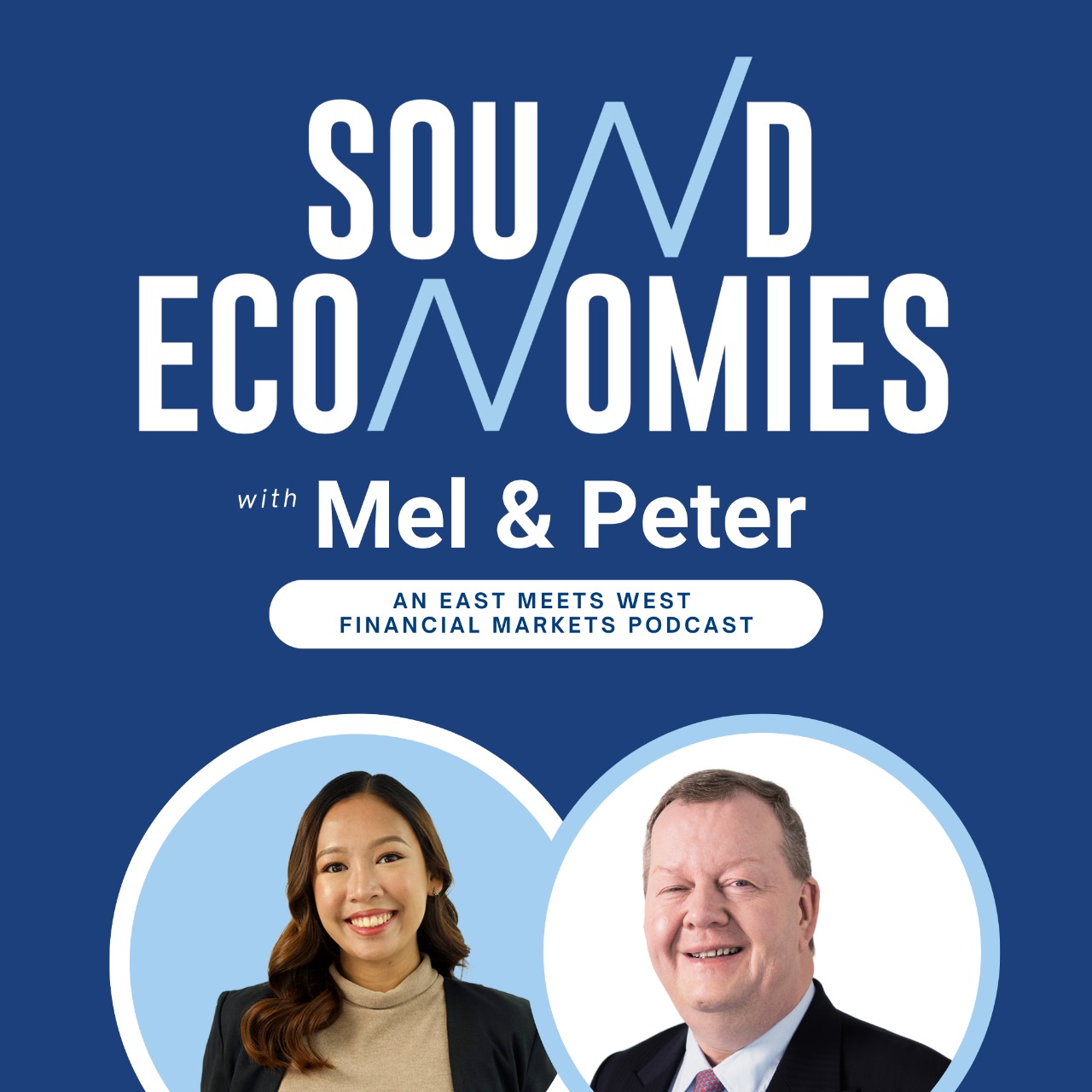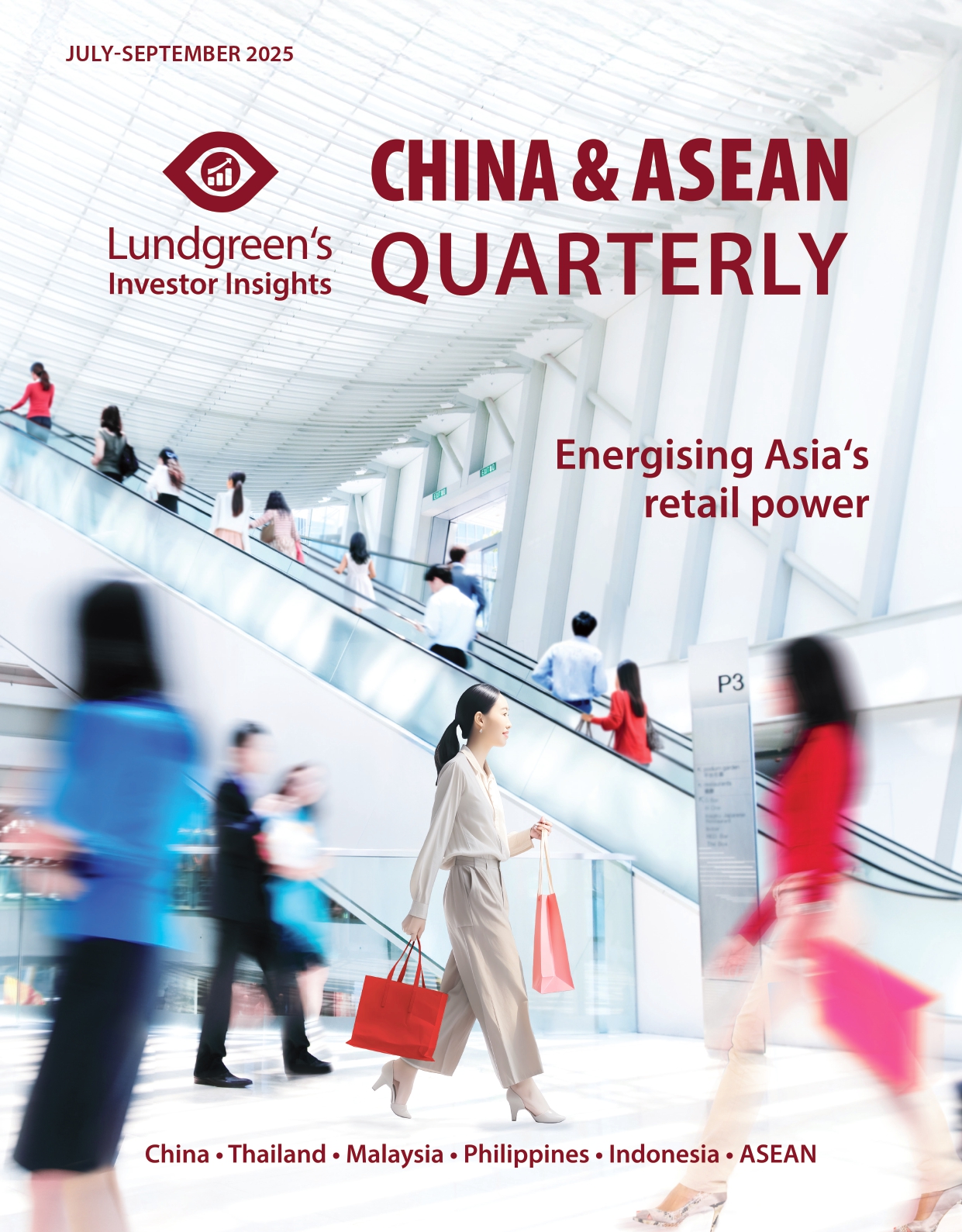Investments wanted for Thailand’s property, construction sectors
The GDP growth of Thailand quickened from 1.6 per cent in the first quarter of 2024 to 3 per cent in the third quarter. Specifically, the property sector grew by 0.7 per cent in the second quarter, easing from the previous quarter’s 1.1 per cent expansion.
The construction sector grew by 15.5 per cent, reversing the previous quarter’s 5.5 per cent decline. Nevertheless, both sectors have garnered attention from Thai government agencies in getting more support from both domestic and foreign investments. While the approaches by former Prime Minister Srettha Thavisin and current Prime Minister Paetongtarn Shinawatra may differ regarding these sectors, their objectives are clear: to make Thailand a viable destination for foreign direct investments (FDIs).
Thavisin’s decision to raise the threshold of foreign ownership in condominiums from 49 per cent to 75 per cent and expand land leases from 30 to 99 years raised criticisms that he seemingly sold off the country and caved to alleged conflict of interest, given the ex-Prime Minister used to work for a real estate developer. However, Interior Minister Anutin Charnvirakul said the relaxed land policies were necessary to stimulate the economy and attract more FDIs. This is also in line with Thailand’s quest to become a global hub and attract foreigners with high disposable incomes to invest in condos within high-value areas in the country.
The buy-in
Condo purchases by foreigners experienced a sharp fall in the second quarter of 2024 worth 6.2 per cent in terms of the number of unit turnovers to foreign nationals. By property value, sales of Thailand condos to foreign nationals dropped by 17.7 per cent year-on-year. As a result, there is a property market crisis given the unsold supply of housing units, cumulatively valued at THB 1.6 trillion (USD 49 billion). Although the liberalization of the residential condominium market raised some fears among locals, this set-up is not new. After the financial crisis in 1999, the government allowed foreign buyers to own up to 100 per cent of condo units for five years, which did not impede the rights of Thai citizens to own condos then.
Based on Graph 1, the price indices for single-detached houses and townhouses posted slow but consistent increases while the condominium price index fluctuated on certain months. Further, the growth in condominium prices remains the fastest among the three types of residential properties. This is because once unsold units are bought, developers tend to add more residential units at higher prices. Data from the Real Estate Information Centre (REIC) show that total home sales slid by 8.4 per cent in the second quarter of 2024, illustrating weak demand for new and more expensive units.

The Thai government is hoping that relaxed foreign ownership restrictions for condominiums will increase foreign purchases, enough to offset the weak domestic appetite.
A public opinion poll conducted in August 2024 revealed that the policy allowing foreigners to own land in Thailand is largely unpopular among citizens. However, the incumbent Prime Minister is adamant in keeping the policy put in place by her predecessors.
Thriving amid the crisis
Deputy Prime Minister and Finance Minister Pichai Chunhavajira announced that the government is exploring new measures to curb the real estate crisis by granting land-use rights to foreign nationals to allow longer stays in Thailand, which is seen to support increased business activity.
With the current situation of the property market, developers are reported to be dumping their stocks to enhance their cash positions amid sluggish economic recovery and high household debt in Thailand. As seen in Graph 2, all property and construction sector sub-indices posted double-digit declines over the past year.

However, a potential catalyst could be an increase in Chinese investments in Thai properties following new stimulus measures in the Mainland. Interestingly, Chinese nationals bought 2,872 condo units – the highest among foreign buyers to account for 39.5 per cent – with a combined market value of THB 13.2 billion (USD 409 million). Not only that, buyers from Myanmar also acquired 638 units, rising by 250 per cent from a year ago.
The construction sector is also expected to get a lift from the new Thai policy, although the scale of its impact relies on the amount of private investments that would come pouring in as public finances are pressured by elevated government debt. Although construction-related stocks took a dive, the current administration is focusing on three mega projects to boost domestic infrastructure. The first mega project is the development of reclaimed land in Bang Khun Thian to create a new city and combat flooding in Bangkok, the capital city. This is expected to be led by the private sector with 99-year concessions granted to the developer. The other projects are a THB 1-trillion (USD 31 million) land bridge to enhance shipping logistics and travel and an entertainment complex which, according to the Prime Minister’s Deputy Secretary-General for Political Affairs Suksit Srichomkwan, is similar to Singapore’s large-scale model. The project area will allot no more than 10 per cent for casinos while the remaining space will be occupied by concert halls, luxury hotels, and shopping malls.
Despite the uncertain economic situation in Thailand, foreign investors will find opportunities for expansion in the property and construction sectors. The success of the construction mega projects may also boost the revival of the tourism industry, especially in areas where these projects are located. Much of its execution relies on the ability of the Thai government to secure willing bidders, with an assurance that projects will continue regardless of any political shake-ups.






